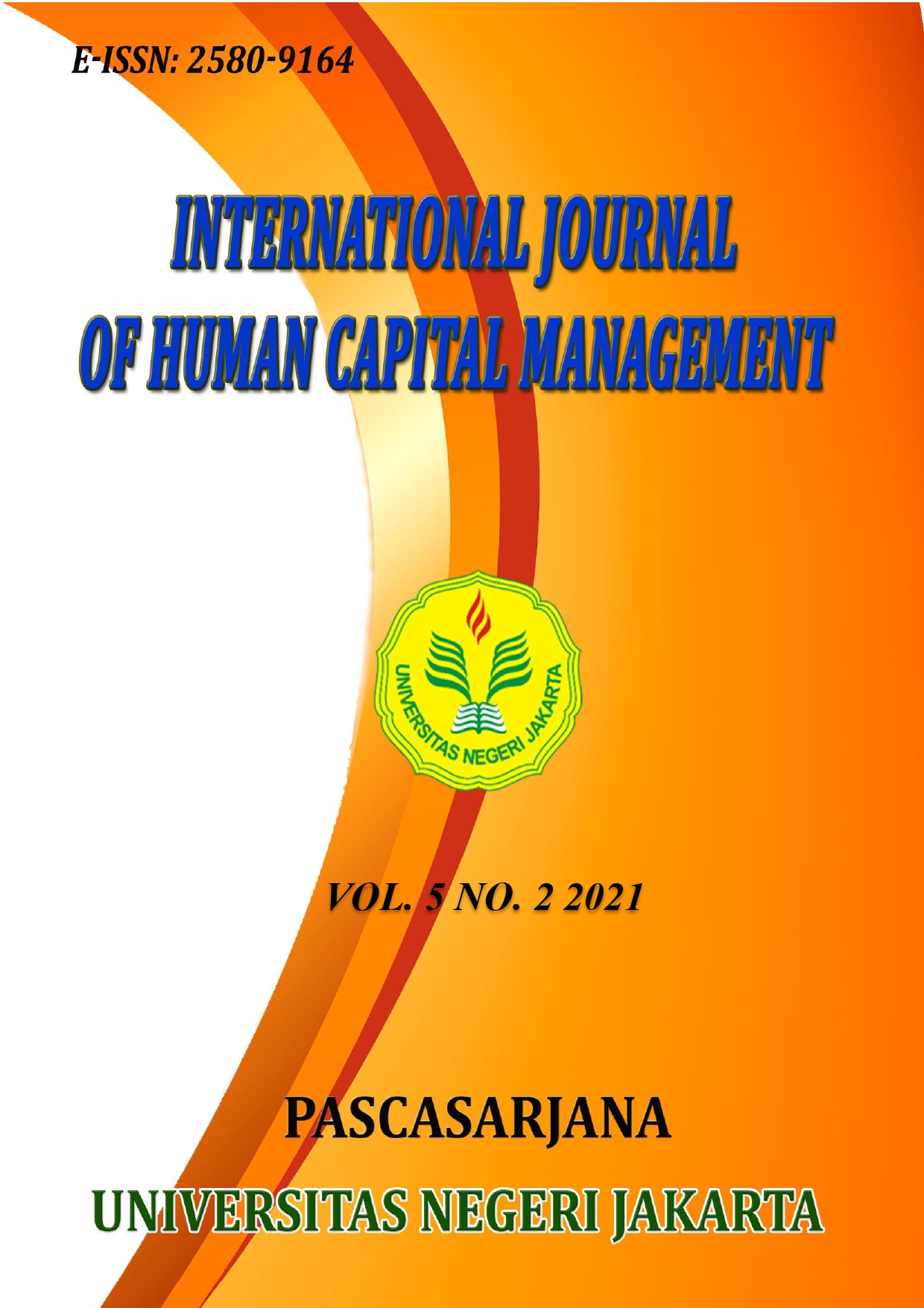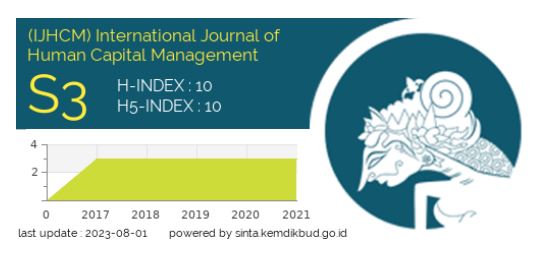How Home–Based Teleworking during COVID-19 Pandemic Affects Employee’s Occupational Stress and Job Performance
DOI:
https://doi.org/10.21009/IJHCM.05.02.1Abstract
Due to societal distancing norms and nationwide lockdowns, the COVID-19 pandemic has inevitably resulted in increased use of new technology, and most institutions are shifting to home-based telework [or work from home (WFH)]. The downside of working from home has been described as a high level of job stress, which significantly affects employee mental well-being. This essay explains how home-based teleworking during a pandemic affects work-related stress and, further, employee job performance. A literature review revealed that job overload and organizational discomfort have a negative impact on employee anxiety. Meanwhile, as the barrier between personal and work lives was lifted during the pandemic, workers were unable to contribute constructively to the job. On that account, it is critical to establish distinctions between working from home and personal life. Proper training is needed if work from home is to become a feasible working option or the current norm.




